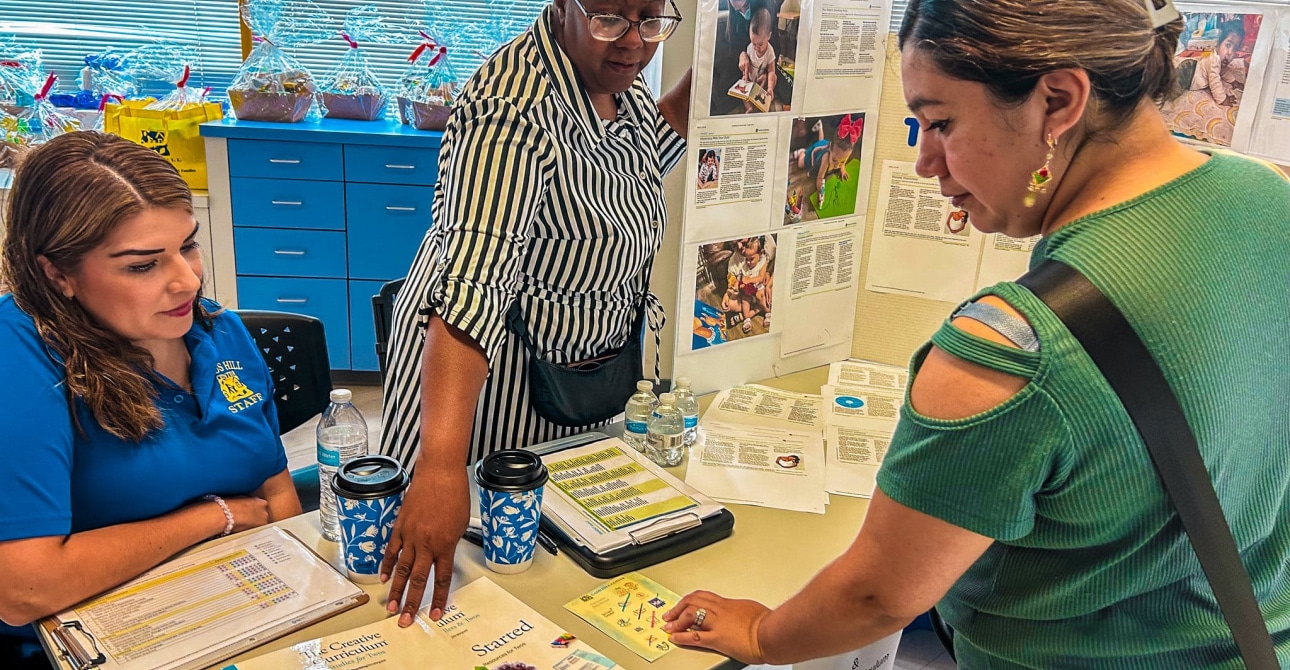
The last few years have been tough for many people. We have experienced a global pandemic, economic crisis, racial injustices, and staggering inflation in the past five years. It is reported that since the start of the pandemic, more people living in the United States have reported experiencing anxiety and/or depression-like symptoms. The KFF conducted research has reported that 90% of participants in the United States are going through a mental health crisis. Since 2019, more people have been diagnosed with a mental health condition, substance use disorder, and/ or have experienced suicidal ideation. This research found that 47% of parents were most concerned about the long-term effects of mental health on their children (Lopes et al., 2022).
As a school-based clinician during the 2021-2023 school years, I witnessed firsthand our youth's struggles. Many of the students were struggling academically and emotionally. With students having done almost two years of remote learning, it was difficult for them to adjust to going back to school, and most struggled to develop a routine. Remote learning helped some students thrive as they didn’t have to deal with the pressure of interacting with others in person. In contrast, others failed due to feeling unsupported or struggling to understand the materials. Many of these students have resorted to unhealthy coping skills to manage their symptoms.
Over the past five years, we have also witnessed an increase in refugees coming from Latin America. For those youth who have recently migrated, it might be difficult to seek services as mental health might not be spoken about, which was particularly true for the students who recently relocated to the United States. In many Latin American countries, mental health is not very talked about. There continues to be a stigma about receiving services. Often due to fear of getting labeled in the family as “loco/a” (crazy). For many families, there continues to be a feeling of shame when a family member is experiencing a mental health condition. There is also this idea that speaking to a therapist is to go and talk negatively about the family. This is why it is estimated that 35.1% of Latinx will receive services each year compared to 44% of non-Latinx whites who receive services (NAMI).
Some barriers to accessing mental health services are lack of insurance, not finding a bilingual or culturally competent clinician, and finding a provider near them. There’s also a great fear of having to disclose their legal status. Most underserved communities have a few mental health clinics with only a few providers. This causes long waiting times and might be unable to support the Latinx community's high needs. Having more access to mental health services can help break cycles of generational trauma, help with the impact of acculturation, and support with managing mental health or substance abuse problems. There is a strong correlation between mental health and physical health. People experiencing mental health conditions often have an unhealthy diet that impacts the digestive, immune, cardiovascular, and even reproductive systems.
Receiving mental health services can help develop healthy habits such as eating a better balanced meal, becoming physically active, improving sleep, and managing stress (Green, 2023). Developing healthy coping skills can help reduce substance use and identify a support system to help during difficult times. Mental health services can also help improve communication among family members by identifying practical ways of communication.
If you or anyone you may know is experiencing mental health problems, there’s the SAMHSA National Helpline 1-800-662-4357, Crisis Hotline 988, National Mental Health Hotline 866-903-3787. For emergencies, call 911.
Resources:
Green, R. (2023). The connection between mental health and physical health. Verywell Mind. https://www.verywellmind.com/the-mental-and-physical-health-connection-7255857
“Hispanic/Latinx | Nami: National Alliance on Mental Illness.” NAMI, https://www.nami.org/Your-Journey/Identity-and-Cultural-Dimensions/Hispanic-Latinx
“KFF/CNN Mental Health in America Survey - Findings - 10015.” KFF, www.kff.org/report-section/kff-cnn-mental-health-in-america-survey-findings/

